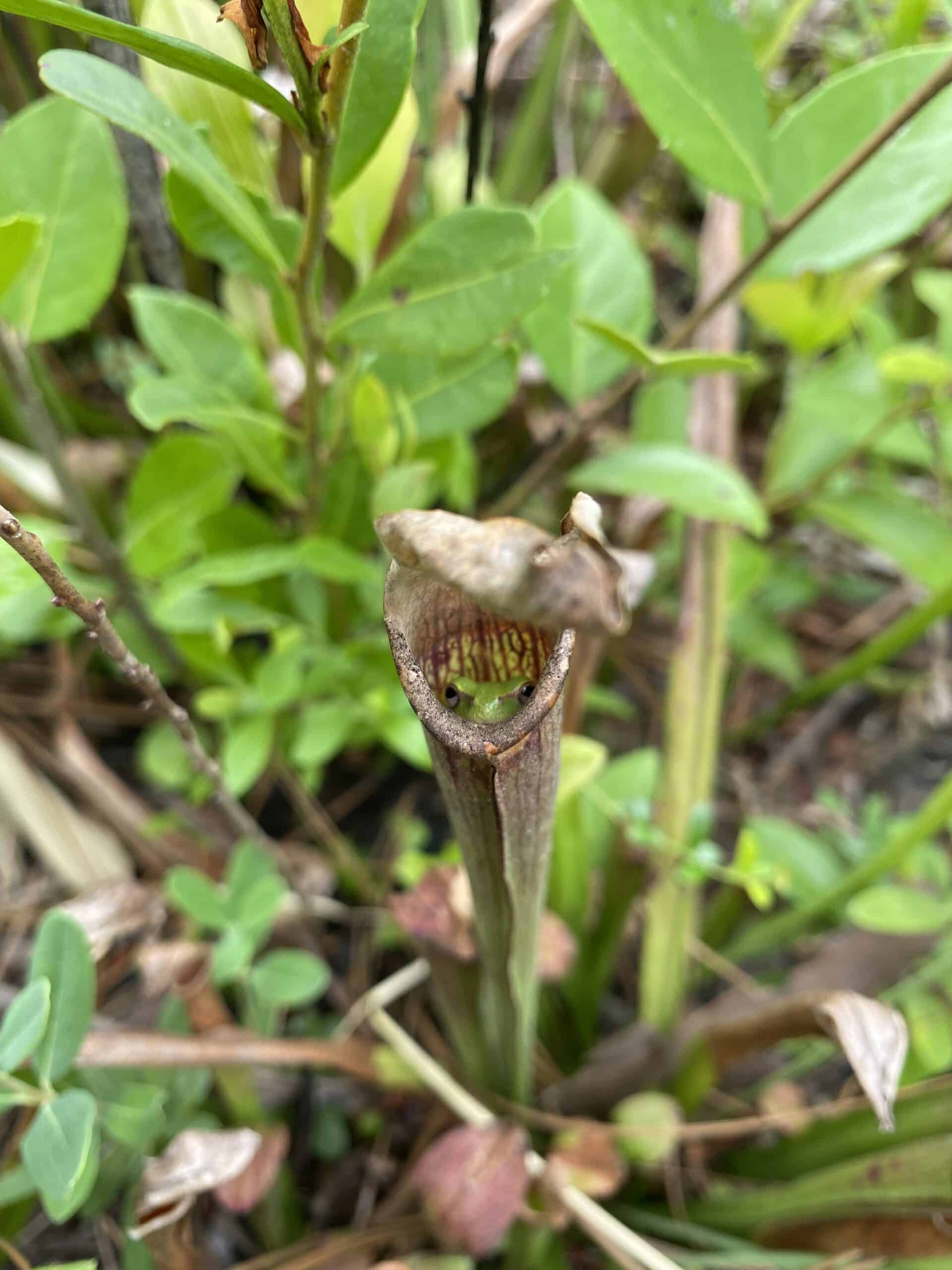
©James Fowler
-
Goals
- Facilitate communication and the collegial exchange of information among members of the Society interested in the restoration, management and conservation of wildlife habitat.
- Identify and publicize innovative approaches to research, management and teaching that advance effective wildlife habitat conservation.
- Enhance the knowledge, understanding and technical capabilities of natural resource professionals and land managers working to restore the structure and function of disturbed landscapes for the benefit of native wildlife species.
- Increase public awareness and appreciation of the benefits and potential for restoring and conserving habitat to promote wildlife conservation.
- Promote interdisciplinary collaboration among the many natural resources professions involved in habitat restoration.
- In cooperation with the Council, influence policy makers whose decisions may have far-reaching implications for the sustainability of wildlife populations and their habitats.
- Embrace, foster and promote a commitment to diversity, equity and inclusivity among members of the Working Group and the Society broadly.
-
Actions
To aid in the achievement of these goals, the Working Group proposes to:
- Provide regular communication and professional development opportunities to members of the Society interested in ecological restoration through meetings, webinars, symposia, workshops, technical sessions, position statements, newsletters, publications, and other means.
- Promote membership in the Society and Working Group to natural resource professionals interested in the restoration, management and conservation of wildlife habitat.
- Provide journalists, government officials, other conservation organizations, policy makers and members of the general public with clear, concise information about the importance of restoring and conserving habitat for the benefit of native wildlife species.
- Identify ways and means to cooperate with other Society Working Groups concerned with conservation and restoration science (e.g., Biological Diversity, Climate Change and Wildlife, Forestry and Wildlife, Rangeland Wildlife, and Conservation Affairs).
- Collaborate in programming with other natural resources and environmental groups working in the areas of conservation and restoration science (e.g., Society for Ecological Restoration, Society for Conservation Biology, IUCN Commission on Ecosystem Management, and IUCN SSC Conservation Planning Specialist Group).
- Make recommendations to the Society Council for specific actions to be taken by the Society in the area of wildlife habitat restoration and conservation.
- Prepare draft technical reviews, position statements and other materials in the area of restoration for consideration by the Council.
- Provide financial support in the form of scholarships and travel assistance to support the participation of students in Working Group-sponsored professional development opportunities.
- Provide professional mentoring opportunities for students interested in wildlife habitat restoration and conservation.
- Provide a welcoming environment for members of under-represented groups interested in habitat restoration and conservation.
Become a member
Membership is available to all current TWS members. You may join our Working Group by logging in to your TWS account.


